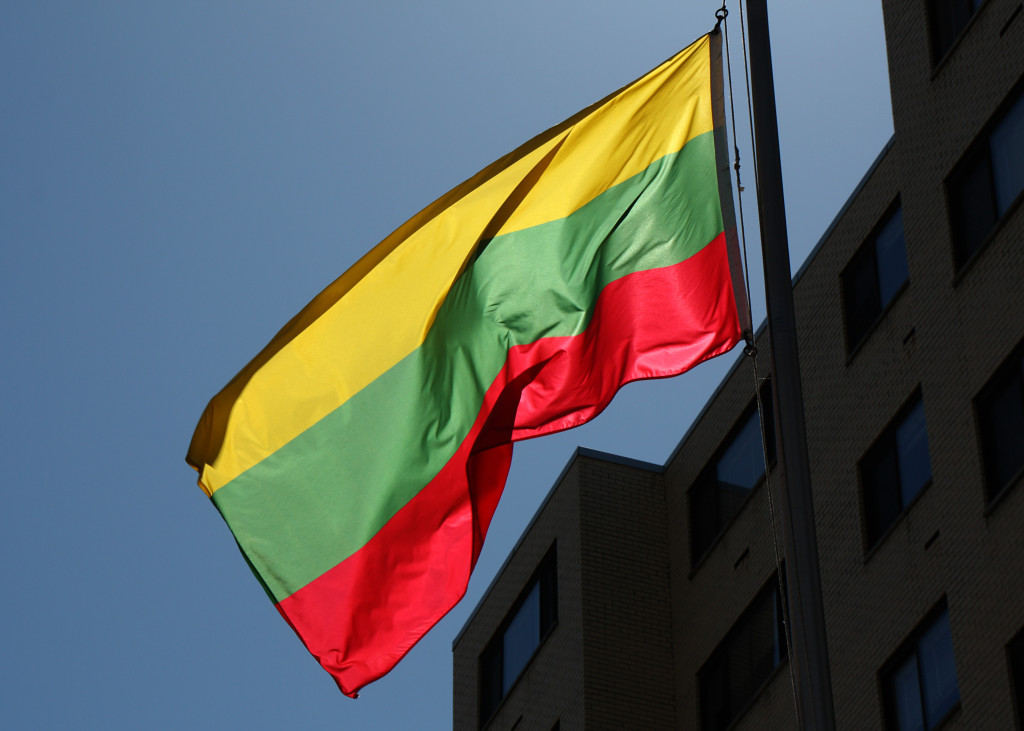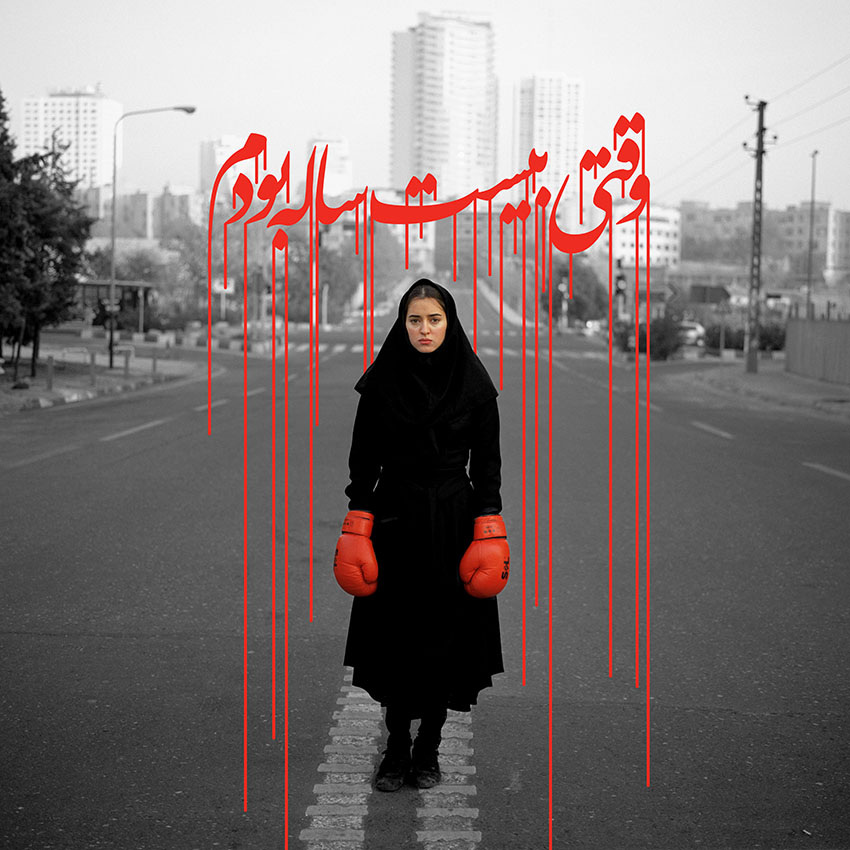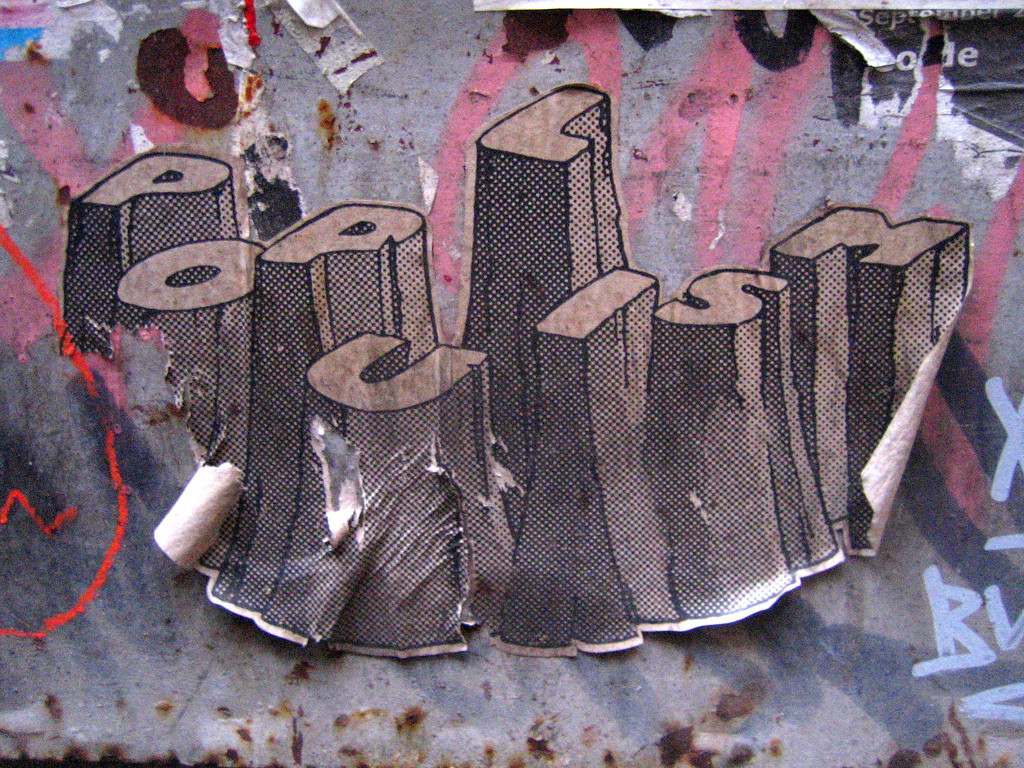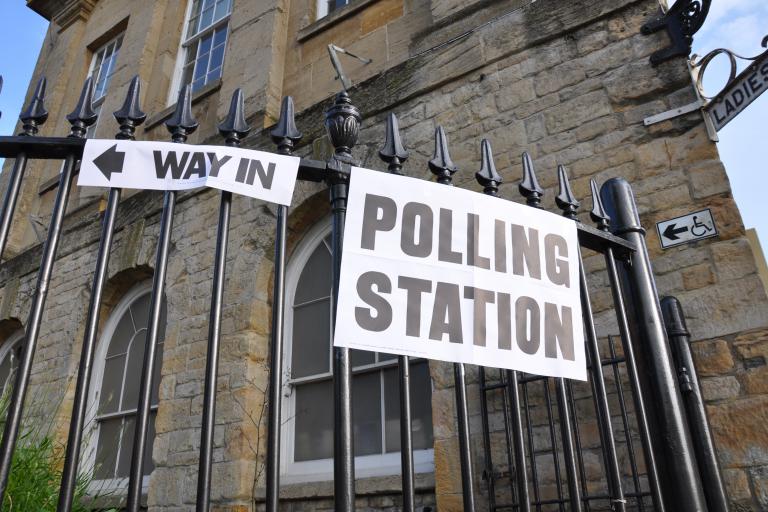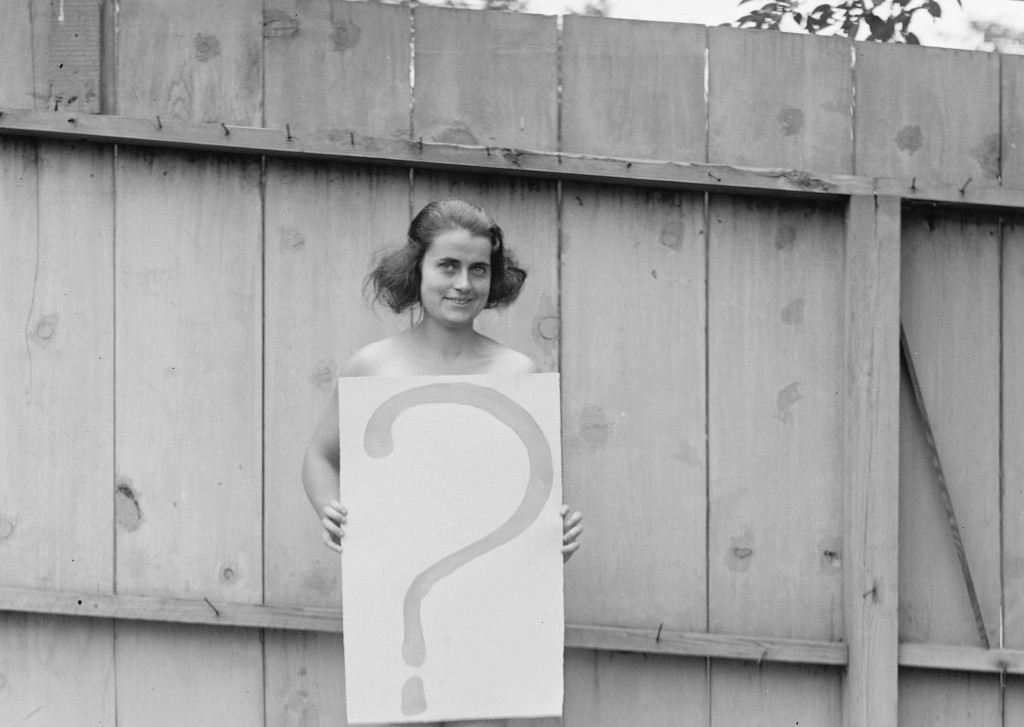
Seeking a Way Out of the Crisis in the EU
After decades of optimism we should start imagining Europe without the EU. If we do not fix that project and make it successful, it may turn out to be mortal. The EU does not need a major structural overhaul or another treaty change. It needs a change of attitudes.



